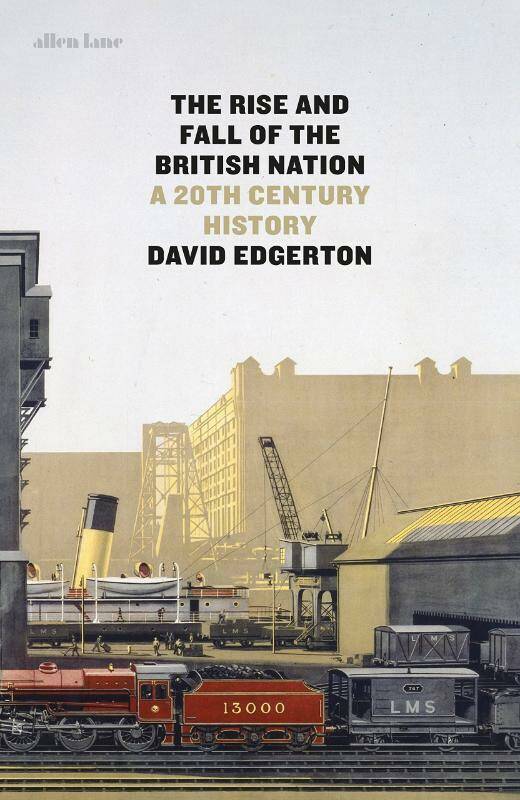
- Retrait gratuit dans votre magasin Club
- 7.000.000 titres dans notre catalogue
- Payer en toute sécurité
- Toujours un magasin près de chez vous
- Retrait gratuit dans votre magasin Club
- 7.000.0000 titres dans notre catalogue
- Payer en toute sécurité
- Toujours un magasin près de chez vous


41,95 €
+ 83 points
Format
Description
From the acclaimed author of Britain's War Machine and The Shock of the Old, a bold reassessment of Britain's twentieth century.
It is usual to see the United Kingdom as an island of continuity in an otherwise convulsed and unstable Europe; its political history a smooth sequence of administrations, from building a welfare state to coping with decline. Nobody would dream of writing the history of Germany, say, or the Soviet Union in this way.
David Edgerton's major new history breaks out of the confines of traditional British national history to redefine what it was to British, and to reveal an unfamiliar place, subject to huge disruptions. This was not simply because of the world wars and global economic transformations, but in its very nature. Until the 1940s the United Kingdom was, Edgerton argues, an exceptional place: liberal, capitalist and anti-nationalist, at the heart of a European and global web of trade and influence. Then, as its global position collapsed, it became, for the first time and only briefly, a real, successful nation, with shared goals, horizons and industry, before reinventing itself again in the 1970s as part of the European Union and as the host for international capital, no longer capable of being a nation.
Packed with surprising examples and arguments, The Rise and Fall of the British Nation gives us a grown-up, unsentimental history which takes business and warfare seriously, and which is crucial at a moment of serious reconsideration for the country and its future.
It is usual to see the United Kingdom as an island of continuity in an otherwise convulsed and unstable Europe; its political history a smooth sequence of administrations, from building a welfare state to coping with decline. Nobody would dream of writing the history of Germany, say, or the Soviet Union in this way.
David Edgerton's major new history breaks out of the confines of traditional British national history to redefine what it was to British, and to reveal an unfamiliar place, subject to huge disruptions. This was not simply because of the world wars and global economic transformations, but in its very nature. Until the 1940s the United Kingdom was, Edgerton argues, an exceptional place: liberal, capitalist and anti-nationalist, at the heart of a European and global web of trade and influence. Then, as its global position collapsed, it became, for the first time and only briefly, a real, successful nation, with shared goals, horizons and industry, before reinventing itself again in the 1970s as part of the European Union and as the host for international capital, no longer capable of being a nation.
Packed with surprising examples and arguments, The Rise and Fall of the British Nation gives us a grown-up, unsentimental history which takes business and warfare seriously, and which is crucial at a moment of serious reconsideration for the country and its future.
Spécifications
Parties prenantes
- Auteur(s) :
- Editeur:
Contenu
- Nombre de pages :
- 720
Caractéristiques
- EAN:
- 9781846147753
- Date de parution :
- 01-01-18
- Format:
- Livre relié
- Dimensions :
- 153 mm x 234 mm
- Poids :
- 1284 g

Les avis
Nous publions uniquement les avis qui respectent les conditions requises. Consultez nos conditions pour les avis.







